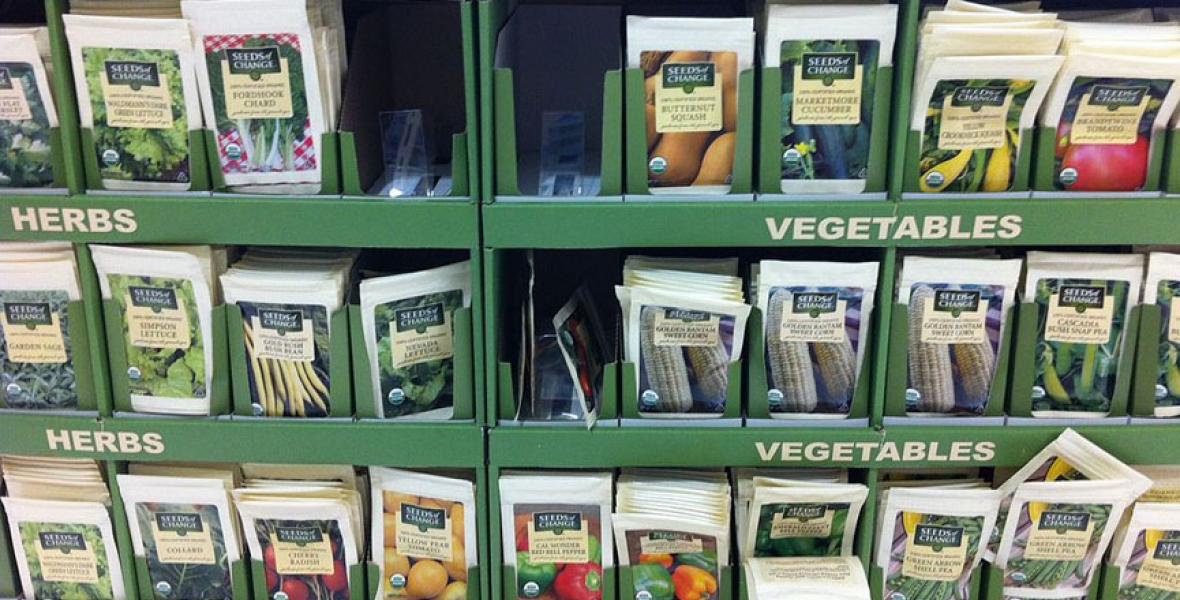The seeds we buy to plant our gardens are an exercise of hope in a tiny package. After all, how do we know that those little bitty things are ever going to amount to anything? For farmers, the annual spring seed shipment can bring with it a whole mixture of emotions as they wondered what those bags would bring. What kind of weather conditions will exist this year? Will it be a full harvest, or would the elements conspire to reduce the family’s income through rain, hail, drought or a bug invasion? There is a lot of hope and fear connected to those bags of seeds.
Today, as part of our series Climate Hope in the Time of Pandemic, we’re talking about the power of seeds. SeedChange (formerly known as USC Canada) is a non-profit organization that works with farmers in Canada and around the world to save seeds and grow food sustainably. SeedChange has launched a public education campaign to help ensure a more resilient Canadian food supply post-COVID-19. It’s rolling out its programming with farmers coast to coast to continue improving Canada’s seed security during the pandemic. SeedChange is enlisting more than 200 farmers across the country this summer to grow sustainable local vegetable seed crops, save seeds at risk of extinction, promote biodiversity, and breed new seed varieties best suited for local climate and soil conditions.
Victoria Fenner, rabble radio’s producer, had a conversation with Jane Rabinowicz, SeedChange’s executive director and Chris Sanford, from Yonder Hill Farm near Lunenburg in Nova Scotia about the program and how individual gardeners can get involved. And lots of useful info — the interview also includes a how-to about saving seeds from rotting tomato guck.
SeedChange has some resources to help gardeners find companies which produce seeds sustainably. You can also look for seeds by a particular variety. For more info, click here.
Image: ParentingPatch/Wikimedia



